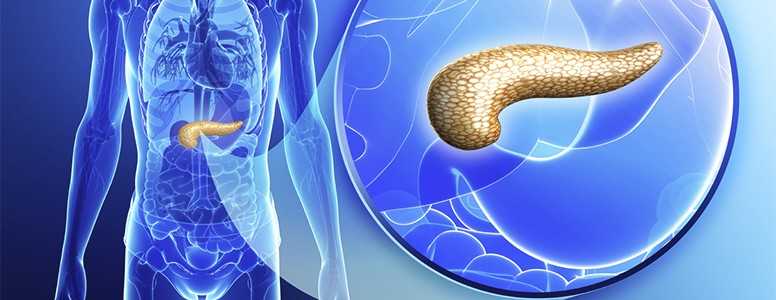Fathers-to-be may be able to lower the risk of their offspring developing type 2 diabetes through getting more exercise prior to conceptio, according to American researchers.
Type 2 diabetes has links to lifestyle factors, and the new study suggested physical activity levels of a baby’s father before conception could be one of those.
The research by Joslin Diabetes Center and the Ohio State University College of Medicine at the Wexner Medical Center says fathers could help determine the role of obesity and metabolic programming of their future children well into adulthood.
They came to this conclusion after conducting an experiment involving mice, where one group was fed a high-calorie diet for three weeks and another was given a regular diet.
Both groups contained mice who were sedentary and some who exercised. The mice then bred after three weeks and their offspring were given a regular diet under sedentary conditions for 12 months.
The findings suggested that the youngsters from the more physically-active mice had greater glucose metabolism, lower body weight and lower fat mass.
Study leader Dr Laurie Goodyear said: “It really shows how important it is for men to exercise prior to conceiving because it will have lifelong effects on the health of their offspring.
“When we put the males on a high-fat diet, it had a terrible effect on the offspring; but what was surprising was that situation was completely reversed when the male added in exercise. So, translated to humans, even if dad isn’t eating really well, he can still affect his offspring positively by exercising. This also will dramatically decrease the risk of developing type 2 diabetes for the offspring.”
Additionally, the researchers discovered that physical activity had a small impact on the genetic expression of the father’s sperm, leading to improvements in metabolism of the offspring. They aim to investigate this further as they believe the finding could support the theory of paternal environmental information being passed to the next generation.
The study was published by the journal Diabetes and received funding from the National Institutes of Health.
People with type 2 diabetes or those at risk of the condition can take steps to successfully manage, prevent or put it into remission by lowering their carbohydrate intake.
More than 370,000 people have joined our award-winning Low Carb Program since it was launched on World Diabetes Day 2015. A study published in the summer revealed participants with type 2 diabetes reversed the condition, lowered their HbA1c and reduced their medications after one year.
What's new on the forum? ⭐️
Get our free newsletters
Stay up to date with the latest news, research and breakthroughs.







